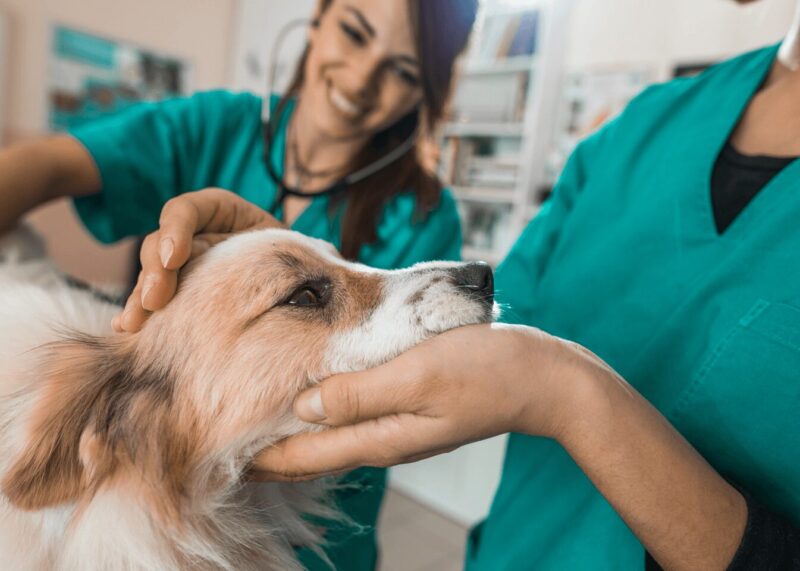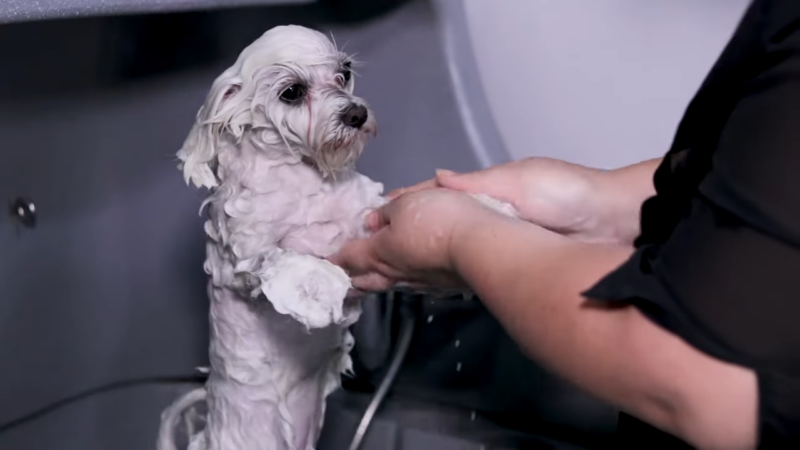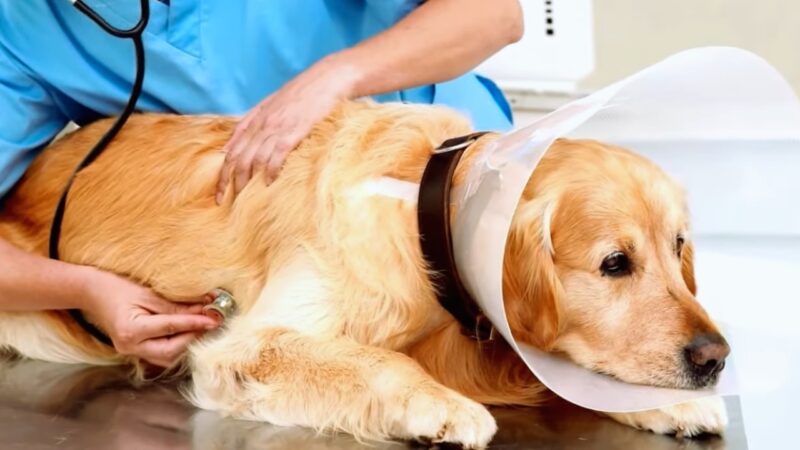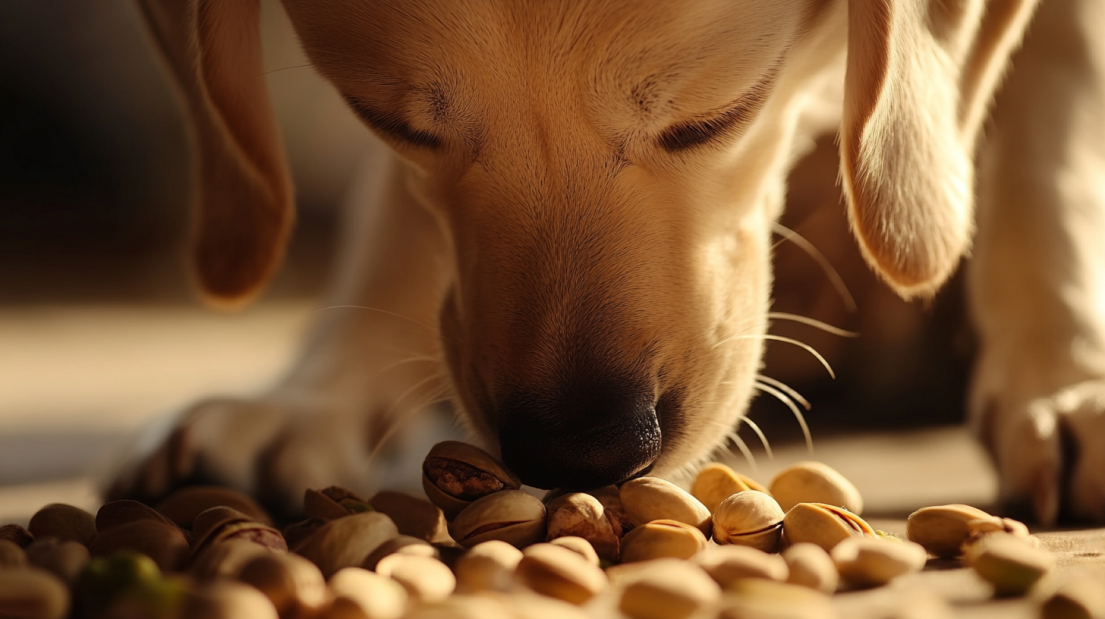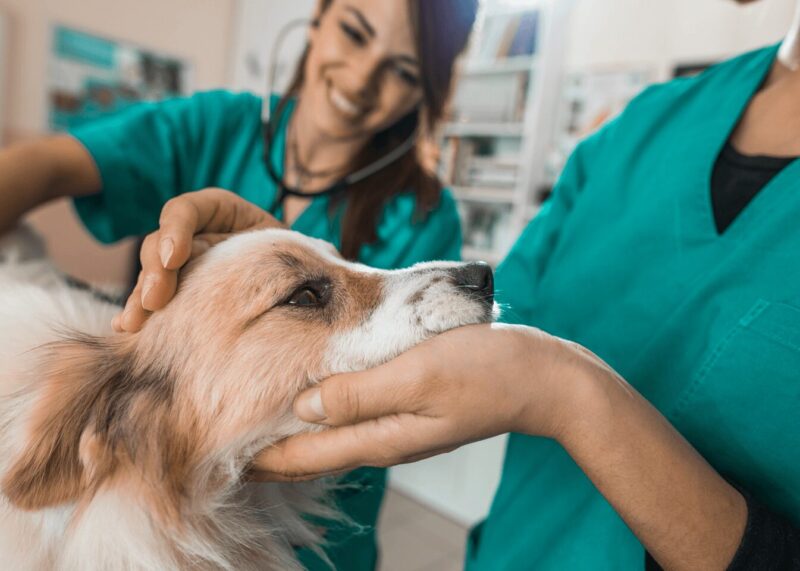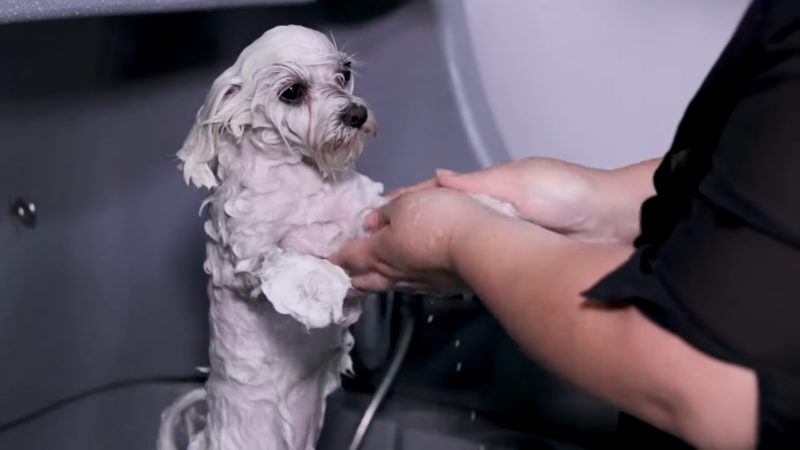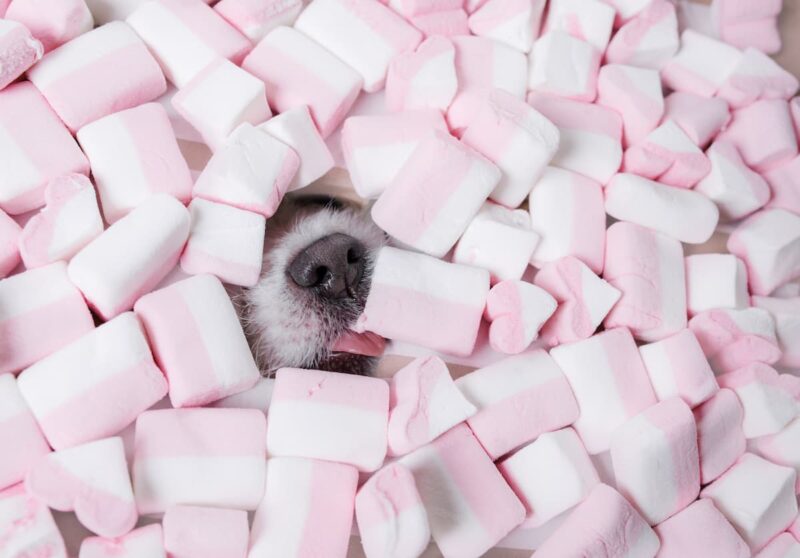
-
 Jane Harmon
Jane Harmon
- Published:
- Updated: June 13, 2024
- Category: Pet Diet and Nutrition
Share Post:
We can all agree that marshmallows are a favorite snack for us, especially around campfires or in a warm cup of cocoa. But when it comes to our dogs, these sugary treats can be pretty dangerous. Let’s chat about why marshmallows aren’t a good idea for our pets.
1. High sugar content

Marshmallows are primarily made of sugar, corn syrup, and gelatin. The high sugar content is not suitable for dogs, leading to potential health issues. Even a small amount can have adverse effects on your pet’s health which is why dogs can’t have marshmallows.
Sugar and dogs don’t mix!
Dogs do not process sugar the same way humans do. Excessive sugar intake can cause obesity, dental problems, and even diabetes in dogs. Just a few marshmallows can exceed a dog’s daily sugar limit. This can quickly lead to serious health complications that require professional care.
2. Artificial additives
Many marshmallows contain artificial flavors, colors, and preservatives. These additives can be harmful to dogs, causing allergic reactions or digestive problems. It’s important to recognize that what seems harmless to us can be toxic to our pets.
Risks of artificial ingredients
Artificial additives can lead to hyperactivity, allergic reactions, and long-term health issues in dogs. Natural diets are always safer and healthier for our pets. Reducing exposure to artificial ingredients can significantly improve your dog’s overall health.
3. Choking hazard

Marshmallows are small and can easily become a choking hazard, especially for smaller dogs. The soft, sticky texture makes them difficult to swallow properly. This risk is heightened if the dog tries to swallow them whole.
Always be cautious of what you feed your dog. Small treats and foods can easily get lodged in their throat, leading to emergencies that require immediate veterinary attention. Taking preventive measures can save your dog from potential harm.
4. Digestive issues
Not all tummies are the same. Dogs have sensitive digestive systems, and marshmallows can cause stomach upset. The high sugar content and artificial ingredients can wreak havoc on a dog’s digestive tract. This can lead to prolonged discomfort and health problems.
Signs of digestive distress
Watch for signs like vomiting, diarrhea, and lethargy if your dog has consumed marshmallows. Contact your vet immediately if these symptoms appear. Early intervention can prevent further complications.
5. Risk of pancreatitis
Pancreatitis, or inflammation of the pancreas, can be triggered by a high-fat or high-sugar diet. Marshmallows, with their high sugar content, can increase the risk of this painful and potentially life-threatening condition which is why dogs can’t have marshmallows.
Symptoms of pancreatitis include severe abdominal pain, vomiting, diarrhea, and loss of appetite. Immediate veterinary care is crucial if you suspect your dog has pancreatitis. Delaying treatment can worsen the condition.
6. Potential for xylitol poisoning
Some marshmallows, particularly those labeled as “sugar-free,” contain xylitol, a sugar substitute highly toxic to dogs. Even a small amount can cause severe hypoglycemia, liver failure, and death. Always check labels to ensure xylitol is not an ingredient.
What to do in case of xylitol Ingestion
If you suspect your dog has consumed xylitol, seek emergency veterinary care immediately. Symptoms include vomiting, loss of coordination, seizures, and lethargy. Quick action can be lifesaving in such cases.
7. Lack of nutritional value
Marshmallows provide no nutritional benefits for dogs. They are empty calories that can contribute to weight gain without offering any essential nutrients. Feeding your dog empty calories can lead to nutritional deficiencies.
Better alternatives
Opt for dog-safe treats that provide nutritional benefits, such as fruits, vegetables, or specially formulated dog treats that support health and well-being. These alternatives can contribute to a balanced diet.
8. Dental health risks

Sugary foods like marshmallows can contribute to dental problems in dogs, including cavities and gum disease. Maintaining good dental health is crucial for a dog’s overall well-being. Poor dental health can affect a dog’s ability to eat and play comfortably.
How to prevent dental issues
Regular dental care, including brushing your dog’s teeth and providing dental chews, can help prevent the negative effects of sugary treats on their teeth. Dental health is directly linked to overall health and quality of life.
9. Behavioral issues
Just as in humans, a high-sugar diet can lead to hyperactivity and other behavioral issues in dogs. Consuming sugary treats like marshmallows can make your dog more difficult to manage and train. A balanced diet helps maintain stable energy levels and promotes better behavior in dogs.
Avoid sugary treats to keep your dog calm and well-behaved. Good dietary habits contribute to effective training outcomes.
10. Creating bad habits

Feeding dogs human treats like marshmallows can set a precedent for bad eating habits. Dogs may begin to expect and demand these treats, leading to a struggle with maintaining a healthy diet.
Encourage healthy eating
Stick to dog-safe treats and avoid sharing human foods. Consistency in what you feed your dog will help establish healthy eating habits that last a lifetime. Healthy eating habits can prevent many health issues down the road.
11. Risk of allergic reactions
Marshmallows can contain ingredients that may cause allergic reactions in dogs. If your dog shows signs of an allergic reaction, such as itching, swelling, or difficulty breathing, consult your vet to identify the allergen and prevent future exposure.
12. Impact on training and discipline
Offering sugary treats like marshmallows can undermine your training efforts. Dogs respond best to consistent and appropriate rewards, and marshmallows can disrupt this balance. Consistent rewards reinforce positive behavior. Use healthy, dog-safe treats as rewards during training sessions.
The bottom line
So, can dogs have marshmallows? Not really. Giving dogs marshmallows might seem like a fun idea, but it’s really not worth the risk. They’re packed with sugar and artificial stuff that can cause all sorts of problems, from choking to pancreatitis. Instead, go for healthier treats that are safe for dogs and actually good for them.
Related Posts:
- 10 Reasons Why Your Dog is Throwing Up Brown Liquid
- Should You Include Kiwi in Your Dog’s Diet? Here’s Why
- Why Does My Dog Have Black Gums? - Causes, Symptoms,…
- Why Is My Dog Panting and Has Diarrhea? - What You…
- Why Is My Dog's Skin Pink? A Comprehensive Guide
- Dog Pooping Clear Liquid - Why and What to Do


